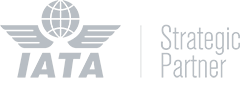
In today's interconnected world, the movement of air cargo faces an increasingly complex web of international regulations, as our sanctions-checking partners, e2open and Pandora Intelligence, highlight.
For many of the world's leading air cargo carriers, screening services are already an indispensable tool for identifying potential risks associated with shipments. The sheer volume of country-specific and regional rules, coupled with their frequent updates and the severe penalties for non-compliance, makes relying on specialist third-party providers a necessity.
CHAMP has integrated sanctions checking with our partners to automatically screen shipments on configured routes and show the results in Cargospot. This works with the Booking, Air Waybill Capture, and Goods Receipt screens, with high or medium risk shipments being flagged for review before further processing.
This approach ensures that sanctions checking is part of your workflow and stops any shipments highlighted as at risk for review. Below, we share insights from our partners on what they see as the latest changes.
Navigating evolving declaration requirements
Pandora Intelligence emphasizes the increasing stringency of air cargo declaration policies and significant changes introduced by the US CBP (ACAS program), which now mandates the provision of 15 additional data points and 16 optional data points. More details here.
Pandora Intelligence also highlights the growing focus on the quality of goods descriptions within programs like the US ACAS and Europe's ICS2.
To address this, they have developed an innovative AI model, trained on customs regulations, such as but not limited to the World Customs Organization (WCO data), capable of distinguishing between high-quality and poor-quality air waybills. This groundbreaking technology has garnered positive feedback from major carriers and underscores the potential of AI in enhancing compliance.
e2open draws attention to the escalating landscape of export controls and sanctions. These developments underscore the dynamic and increasingly complex nature of international trade regulations. The potential for disruptions and significant penalties for non-compliance is real and growing.
- China's expanded export controls - In April 2025, China significantly broadened its export controls on dual-use items and sensitive technologies, specifically targeting US entities. The Ministry of Commerce prohibited exports of dual-use goods to 12 US companies, citing national security concerns. Additionally, on April 4, 2025, China imposed new export controls on seven medium and heavy rare earth elements.
- US's ongoing expansion of sanctions - The United States continues to actively expand its export controls and sanctions, with a particular focus on Chinese technology firms. Restrictions are being placed on the export of sensitive technologies such as AI chips, quantum computing equipment, and advanced semiconductors.
- EU's tightened coordination of export controls: The European Union’s revised Dual-Use Regulation is being actively enforced, with a focus on areas like cyber-surveillance, information security, quantum computing, and AI.
Ensuring seamless compliance with CHAMP and our partners
CHAMP recognizes that navigating this intricate landscape requires more than just basic screening. It demands a proactive, integrated approach that embeds compliance checks directly into your operational workflows.
Don't let sanctions checking be a separate, reactive process. Embrace the power of integration with CHAMP and our expert partners to navigate the shifting sands of global trade with confidence.
To learn more, please submit the form to the right.
.png)



